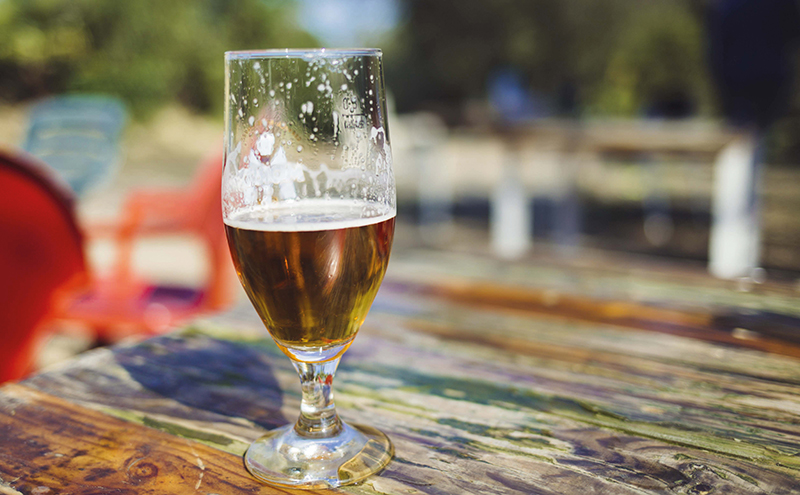Sometimes the smallest changes can make the biggest differences to bills, writes Mark Bowen, marketing director of Scottish Power
It can be challenging for all businesses to implement and stick to an energy efficiency strategy.
Most business owners and their staff are aware of the benefits of saving energy, but with employees busy with day to day work tasks it can be easy for energy efficiency to slip off the radar.

No matter what type of small business you own, it’s important to make every penny count to ensure you continue to raise the bar, and it’s often the smallest changes that make the biggest difference to your energy consumption.
From bar staff to chefs, front of house to cleaners, businesses in the hospitality industry rely on large volumes of staff doing very different jobs.
To create a strong culture of energy awareness, bring all staff together and establish an energy saving plan to set goals. Staff working in different roles can then consider exactly how they can make a difference.
Think about appointing an ‘energy champion’ – somebody who is responsible for sustaining momentum and engagement with the plan through taking the time to make it fun.
They should get creative and think about incentives for staff to really get them on board.
Quick tip: place an energy tracker in a prominent place in a communal area to reinforce energy goals and track progress.
Making sure you turn off lights when they are not needed can make a real difference to your energy bills.
Reminders are key for getting not only staff, but also customers engaged to switch off any lights that aren’t being used.
Placing stickers and posters above switches may seem simplistic, but can make a real difference. What’s more, customers will no doubt be impressed at your business’ consideration for the environment.
Installing occupancy sensors to ensure lights only come on when they are needed can really transform your energy consumption, resulting in a saving of approximately 30% to 50% on lighting costs.
Areas that can benefit from sensors include toilets, cellars, function rooms and back of house areas.
These sensors can also work well in guest corridors; however, you should always maintain a minimum lighting level for safety.
When it comes to the kitchen, simple changes in how equipment is managed can make a real difference to your energy consumption.
Be aware of preheating times for different appliances to ensure they aren’t being heated unnecessarily and check the sealing and gaskets on oven doors and refrigerators on a weekly basis to make sure they are air tight, resulting in minimal heat loss.
It can be useful to introduce fridges with timers that only use energy when needed and be mindful to limit the amount of times fridge and freezer doors are opened to keep the cold air in.
Whatever your business, the provision of fresh air at a comfortable temperature is crucial in the hospitality industry to create a welcoming atmosphere for customers and staff.
Consider what areas you need to cool and to what temperature and make use of natural ventilation where you can.
Also ensure you are taking into account the occupancy patterns of the space and matching ventilation accordingly.
• Mark Bowen is UK marketing director for Scottish Power.























